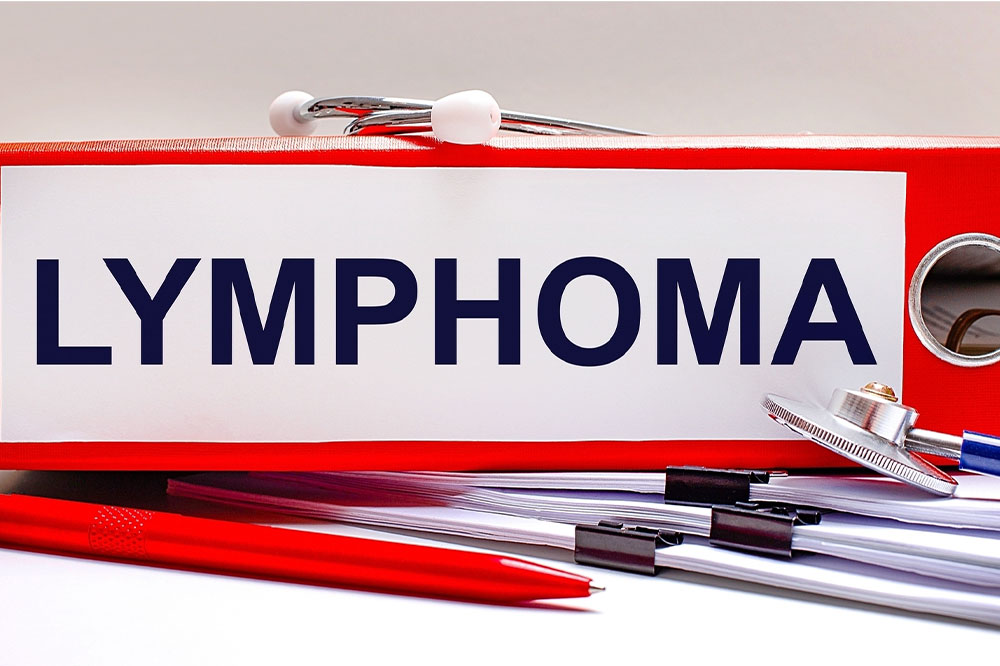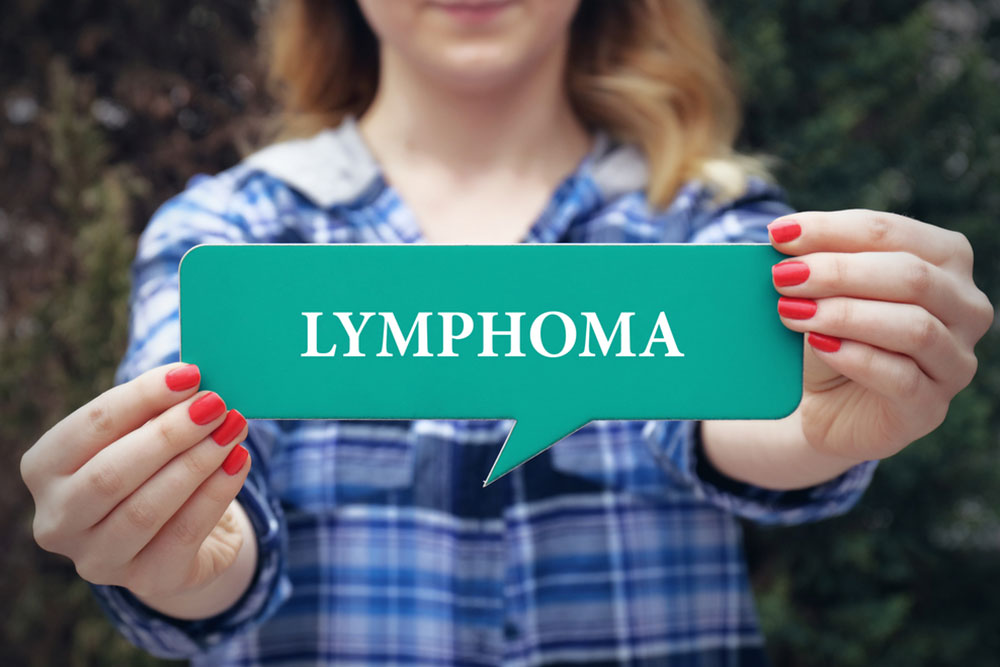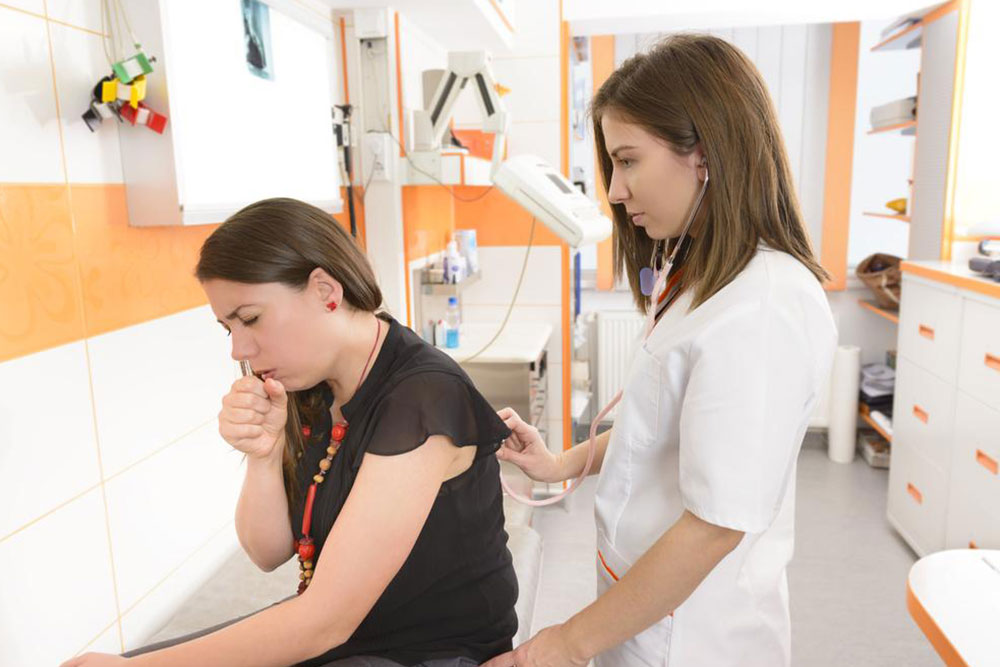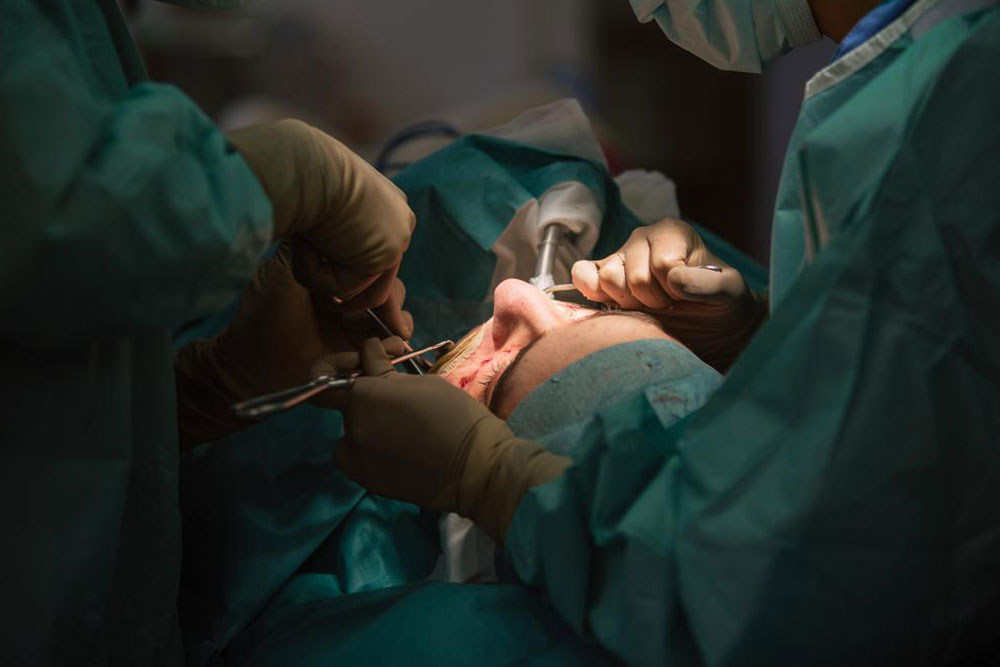In-Depth Overview of B-Cell Follicular Lymphoma: Causes, Symptoms, and Treatment Options
This comprehensive guide explores B-cell follicular lymphoma, covering its causes, symptoms, diagnosis, and treatment options. It emphasizes the importance of early detection, current therapies like radiation and immunotherapy, and future advances such as CAR-T and personalized medicine. Patients and caregivers will find valuable insights into managing this complex, slow-growing blood cancer for better outcomes and quality of life.

What You Need to Know About B-Cell Follicular Lymphoma
B-cell follicular lymphoma is a type of blood cancer that primarily affects the lymphatic system, specifically targeting white blood cells known as B lymphocytes or B cells. These cells are crucial components of the immune system, responsible for producing antibodies to fight infections. When these B cells become cancerous, they multiply uncontrollably, leading to the development of follicular lymphoma. This form of cancer is classified as a subtype of non-Hodgkin lymphoma, distinguished by its slow-growing nature and its tendency to involve humps—or follicles—within lymph nodes that contain malignant B cells.
Understanding the intricacies of follicular lymphoma is vital because it impacts millions worldwide, especially in older adult populations. Historically, follicular lymphoma has been deemed largely incurable; however, recent advances in diagnosis and therapy have improved the quality of life and prognosis for many patients. Approaching this disease comprehensively involves understanding its causes, recognizing early symptoms, exploring available treatment options, and understanding the potential for disease progression or transformation into more aggressive lymphomas.
Despite its slow progression, follicular lymphoma comprises a significant proportion of non-Hodgkin lymphomas, contributing to roughly 20% of cases diagnosed annually worldwide. While it predominantly affects individuals over the age of 60, cases have been reported in younger patients, emphasizing that age is not a strict barrier. The disease often remains asymptomatic for some time, which underscores the importance of regular medical checkups for early detection. In some instances, follicular lymphoma can evolve or transform into more aggressive and rapidly progressing lymphomas, such as diffuse large B-cell lymphoma (DLBCL). This transformation carries implications for treatment and prognosis, making early diagnosis and monitoring critical components of disease management.
Recognizing the Symptoms and Signs of B-Cell Follicular Lymphoma
Because follicular lymphoma involves B lymphocytes, which play a key role in immune defenses, its presence can weaken the immune response, leading to increased vulnerability to infections. Symptoms can be subtle or mistaken for other conditions, making awareness essential. The disease often presents with painless swelling of lymph nodes, commonly noticed in areas such as the neck, groin, chest, or armpits. Additional symptoms that might indicate disease progression include:
Unintentional weight loss despite normal diet
Persistent fatigue and loss of energy
Difficulty breathing or shortness of breath
Night sweats that drench clothing
Recurrent fevers without an apparent cause
Generalized malaise or feeling unwell
How Is B-Cell Follicular Lymphoma Diagnosed?
Diagnosis of follicular lymphoma involves a combination of physical examinations, laboratory tests, imaging studies, and most critically, biopsy procedures. A biopsy — typically surgical or needle-based — allows pathologists to examine lymph node tissue under a microscope, identifying characteristic patterns of follicular architecture filled with malignant B cells. Advanced diagnostic techniques, such as immunohistochemistry, flow cytometry, and molecular testing, help distinguish follicular lymphoma from other lymphoproliferative disorders. Early and accurate diagnosis is paramount because it influences treatment planning and prognosis.
Contemporary Treatment Strategies for B-Cell Follicular Lymphoma
Managing follicular lymphoma effectively involves tailoring therapies to disease stage, symptom burden, and patient health status. The approach often ranges from active surveillance to aggressive treatment, depending on individual circumstances. The primary treatment modalities include:
Watchful waiting or active surveillance, especially in asymptomatic, low-burden cases
Chemotherapy, often combined with targeted therapies such as anti-CD20 monoclonal antibodies like rituximab
Radiation therapy, particularly effective in localized early-stage disease
Immunotherapy and targeted agents for advanced or relapsed disease
Stem cell or bone marrow transplants in select cases of aggressive disease or relapse
Although many patients respond well to initial treatments, relapse remains common, with approximately 30-40% experiencing recurrence. This necessitates ongoing monitoring and possibly multiple lines of therapy to manage the disease effectively. Managing side effects and maintaining quality of life are central components of comprehensive care.
Radiation Therapy — A Key Treatment Modality
For early-stage follicular lymphoma, radiation therapy remains one of the most effective options to achieve local control. High-energy X-ray beams target and destroy malignant cells within affected lymph nodes, minimizing damage to surrounding healthy tissue. While radiation may be curative for localized disease, it is less frequently employed in advanced stages where systemic therapy is required. Renowned cancer treatment centers like Jefferson University Hospital, MD Anderson Cancer Center, Mayo Clinic, and Memorial Sloan Kettering Cancer Center offer state-of-the-art radiotherapy options, ensuring patients receive the best possible care in managing follicular lymphoma.
The Future of Follicular Lymphoma Management
Emerging research focuses on novel agents, immunotherapies, and personalized medicine to combat follicular lymphoma more effectively. Innovations such as CAR-T cell therapies and bispecific antibodies hold promise for patients with relapsed or refractory disease. Clinical trials are ongoing to determine the efficacy and safety of these advanced treatments. Additionally, improved understanding of the genetic and molecular underpinnings of follicular lymphoma will usher in targeted therapies tailored to individual patient profiles, enhancing treatment efficacy and reducing adverse effects.
In conclusion, follicular lymphoma remains a complex disease requiring nuanced diagnosis and management. Its slow progression can often be managed effectively with current therapies, but vigilance for transformation and relapse is necessary. Early detection, personalized treatment plans, and ongoing research are critical to improving outcomes for patients worldwide.





